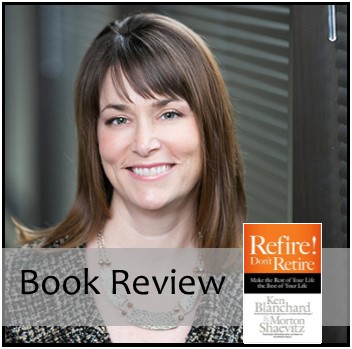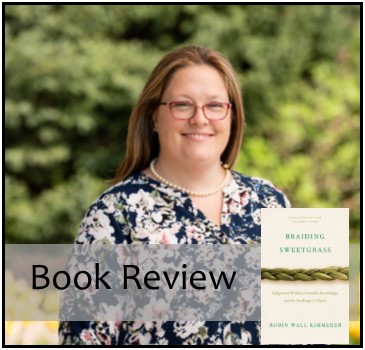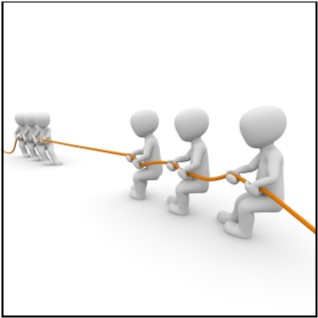In light of current events and potential financial difficulties caused by the COVID-19 outbreak, the Internal Revenue Service (IRS) has postponed the 2019 federal income tax filing and payment deadline until July 15, 2020.


In light of current events and potential financial difficulties caused by the COVID-19 outbreak, the Internal Revenue Service (IRS) has postponed the 2019 federal income tax filing and payment deadline until July 15, 2020.

By Brenda Carrico
What does spiritual well-being mean to you? According to an article from HRZone, “Spiritual well-being means the ability to experience and integrate meaning and purpose in life through a person’s connectedness with self, others art, music, literature, nature, or a power greater than oneself.”
If you are already attending services, meditating, spending time in nature or participating in an activity that gives you a sense of peace, well-being and purpose, then you likely understand the importance of incorporating these things into your daily living.

By Jessica Searcy Kmetty
Drawing on her life as an indigenous scientist, and as a woman, Kimmerer shows how other living beings―asters and goldenrod, strawberries and squash, salamanders, algae, and sweetgrass―offer us gifts and lessons, even if we’ve forgotten how to hear their voices. In reflections that range from the creation of Turtle Island to the forces that threaten its flourishing today, she circles toward a central argument: that the awakening of ecological consciousness requires the acknowledgment and celebration of our reciprocal relationship with the rest of the living world. For only when we can hear the languages of other beings will we be capable of understanding the generosity of the earth and learn to give our own gifts in return. – Book Description from Amazon.com

A living trust is a popular consideration in many estate strategy conversations, but its appropriateness will depend upon your individual needs and objectives.

Whether your retirement is just around the corner or years away, ensuring your preparations are in order can be the centerpiece of an effective retirement strategy. This is especially critical when you consider that approximately 4 out of 10 households are predicted to run short of money in retirement.

By Jessica Searcy Kmetty
I heard about this book from a group member in a book club I joined last year on Facebook called “The Peanut Blossom Book Club for Recovering Readers.” I figured that since it is January, and she had highly recommended it, I’d give it a try.

One of the most well-known investors of the 20th Century, Benjamin Graham, said, “the investor’s chief problem – and even his worst enemy – is likely to be himself.”
What Graham understood – and modern research is catching up to – is the idea that we all have emotions and biases that affect our decision-making. The innate wiring built to survive premodern times can be counterproductive in our modern world, especially when it comes to investing.
Let’s take a quick look at a few of the human emotions and biases that can adversely impact sound investment decision-making.

Washington was busy this holiday season. As many of us were looking forward to some well-earned time off, new legislation was passed, and it affects some of the old rules for traditional Individual Retirement Accounts. These changes went into effect on January 1, 2020.
One of the biggest changes will affect the required minimum distribution (RMD) timeline for IRAs granted to a beneficiary at the time of your death.

By John C. Fales
If you give $1,000 to every member of a family, there’s a high likelihood that no two members will spend it the same way.
Money is a tool that is used to accomplish goals, and it often takes some patience and understanding to uncover the motivation behind how each family member chooses to use their money. However, patience and understanding are not always the first reactions when family members discuss, or perhaps judge, their family members’ behavior.
Are family dynamics getting in the way of your multi-generational financial planning?

By Brenda Carrico
For some people, taking care of their physical wellbeing is a part of life, and for others, it’s one of the biggest challenges. If you’re the type of person who can balance the healthy versus unhealthy food you put in your body – hats off! You’re probably also that person we see riding your bike down the street, going for a walk, lifting weights, or taking a yoga class. Not everyone enjoys exercise, can motivate themselves to keep moving, or finds it easy to control a balanced diet.
Categories